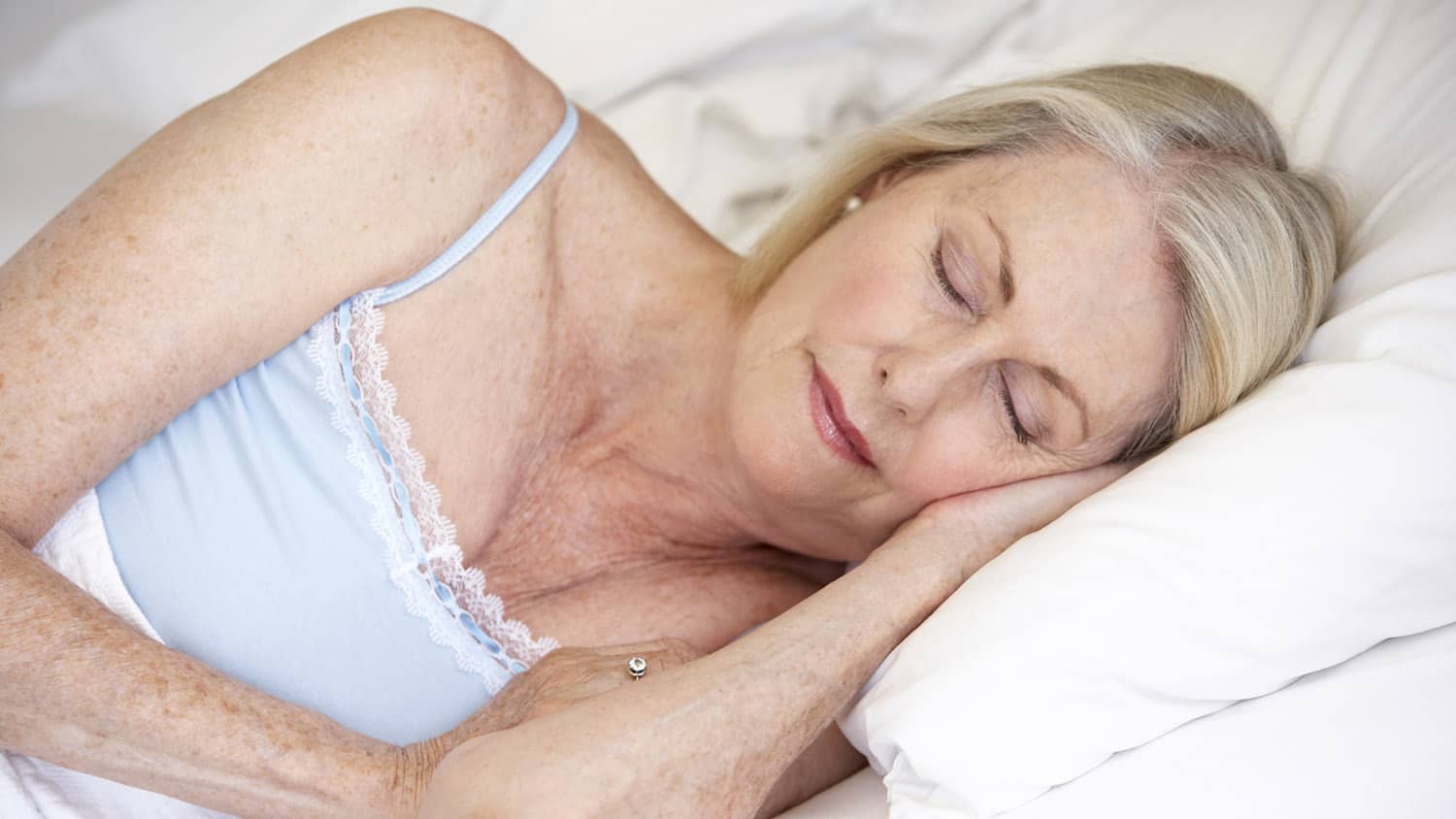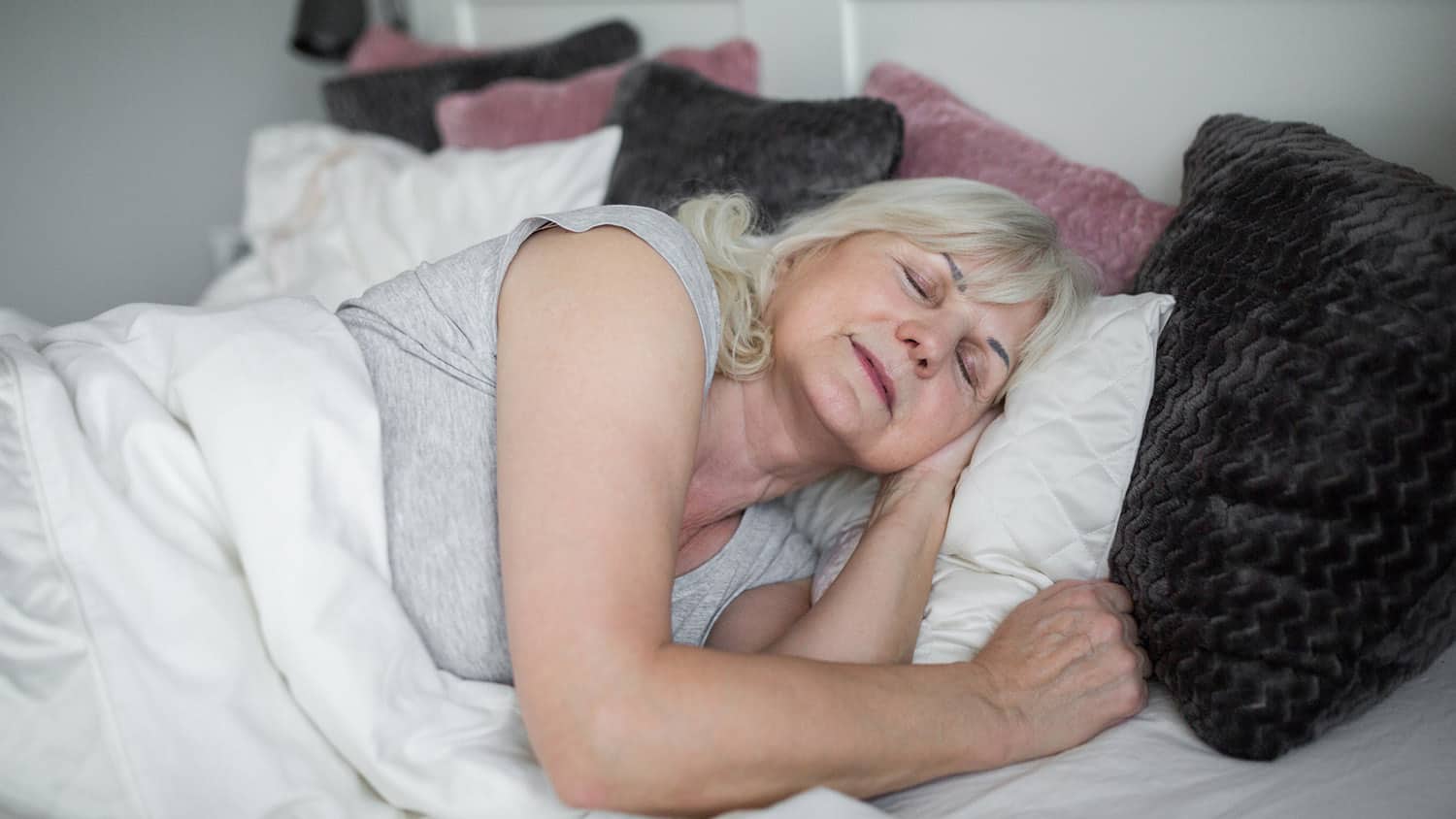Want a More Beautiful Brain? Come to Your Senses
In my last article, I invited you to join me in taking steps to improving your cognitive health and perhaps even preventing a future brain-related illness. I was pleased to see that I had a number of takers. After all, who wouldn’t love to have better memory, more focus, better mood, more energy, more neural connections and… a more beautiful brain?
I suspect, given the chance, that when it comes to having better brains we would all opt for a fast fix, a sure thing, and a modern miracle… but sadly that is not reality. What is reality; is first coming to our senses and taking practical small steps each day.
S-E-N-S-E-S
And speaking of coming to our senses, SENSES is the acronym I will use to lay out the foundation for some basic principles and strategies to get us started on our journey to creating a more beautiful brain.
So, let’s look at these pillars of health that will be getting our attention in the next few articles.
- S=Sleep
- E=Exercise
- N=Nutrition
- S=Stress Management
- E=Eliminating Toxins
- S=Self-Care
I know, I know…some of you are already thinking, “Right, Karen, but tell me something I don’t already know? This is common sense! Who isn’t aware that these areas are important to brain health? Can’t we just skip over them and go on to the new really cool, cutting-edge, brain health stuff?”
Well, yes, it is common sense, but having common sense and using it are not the same. Just because we know these areas are good for our health, doesn’t mean we make a daily habit of maximizing them and intentionally integrating them into our lifestyle. Am I right?
Do We Care Enough About Sleep
So, here’s a question for you: On a scale of 1 to 10 how would you rate the importance of a good night’s sleep?
When my four children were little, I would have rated it about a 4. I had the belief that me getting little sleep was actually a badge of honor, it was my medal of martyrdom! I would boast that I had only managed a few hours of shut eye most nights and still managed to carry on.
Back then sleeping in on the weekends seemed to me to be a luxury that only lazy people and my teenagers indulged in! And my mother-in-law confirmed that attitude when she would often remark, “You can sleep when you are dead.”
But listen to me, my friends, I was sadly mistaken. And I can almost hear my 6th grade teacher’s loud voice echoing, “Karen, don’t you have a lick of common sense in you?”
Fortunately, I have since learned that a good night’s sleep is a hugely important principle when it comes to my health – and specifically my brain health.
In fact, as Matthew Walker, Ph.D. and professor of neuroscience and psychology proclaims:
“Sleep is the single most effective thing we can do to reset our brain and our body health each day.”
Is this not a perfect place then to begin our journey to having a more beautiful mind?
Walker goes on to explain, “Sleep is not an optional lifestyle luxury, it’s a non-negotiable biological necessity; it is your life support system. There does not seem to be one major organ within the body, or process within the brain, that isn’t optimally enhanced by sleep and detrimentally impaired when we don’t get enough.”
So, How Much Sleep Is Enough?
According to the US Centers for Disease Control and Prevention, adults should get at least seven hours of deep sleep per night. And of course, the amount varies somewhat, depending on your activity, your health and your age.
The negative effects of poor sleep have been well documented, with its occurrence linked to higher risk of a variety of conditions such as cardiovascular disease, diabetes, obesity and, in another recent study, dementia.
Take a moment to ponder what thousands of scientific reports have proven about sleep.
Adequate Sleep
- Enhances your memory.
- Makes you more creative.
- Makes you look more attractive.
- Keeps you slim and lowers food cravings.
- Protects you from cancer.
- Wards off colds and flus.
- Lowers your risk of heart attacks and stroke.
- Protects you from diabetes.
- Is a critical piece in having our children at their healthiest.
- Sleep makes you feel happier, less depressed, and less anxious.
Sleep Deprivation Can Be Damaging to Our Brain
And did I mention that the lack of sleep has shown a direct connection to dementia and other cognitive issues of aging adults?
During deep sleep, the brain produces slow electrical waves and flushes out neurotoxins, including amyloid and tau, two hallmarks of Alzheimer’s disease.
I love how Sheila Ohlsson Walker, CFA, Ph.D., explains in Psychology Today, how sleep acts like a waste removal crew:
“If the brain were an action-packed city, sleep would be its night-time maintenance team. Over the course of a day, litter (inflammatory molecules) accumulates on the sidewalks, and trash (tao and beta-amyloid proteins, risk factors for Alzheimer’s Disease) fills up the dumpsters. Exhaust fumes from imaginary cars, taxis, and buses (oxidative stress) invisibly coat the sidewalks, streets, and surrounding areas. As levels of garbage and grunge amass, adenosine (the biochemical that prompts a switch from wakefulness to sleep mode) begins to rise. When this switch occurs, the alarm bell at central headquarters rings the alert: “It’s time to clean up!”
Studies have shown that even one night of lousy deep sleep can lead to an increase of amyloid. A week of disrupted sleep can raise the amount of tau, which is especially insidious because over time it can strangle neurons from the inside out.
And when people were deprived of just two hours of sleep, there was a clear correlation with short-term memory deficits. No wonder I couldn’t remember where I left my keys!
And if you are still in doubt that sleep is a super power? Watch this video where Matt Walker shares his research about the importance of sleep.
Do We Lack Common Sense?
But here’s the common-sense thing… or lack thereof:
Over one-third of adults do not get the recommended amount of sleep! In fact, some scientists claim over 50% of us have some sort of sleep issue!
I think we can all agree that it is common sense that we should be consistently getting a good night’s sleep, right? But it’s an altogether different thing to regularly get it.
Have you ever tried to ‘will-your-way’ into going to sleep, or staying asleep? It is a big challenge for many of us, isn’t it? Sometimes counting the sheep just doesn’t get it done!
We Can Do Something About It
But the good news is:
There are some basic steps we can all take to improve our sleep.
1. Know the value of a good night’s sleep. Hopefully you are now convinced of that.
2. Be intentional about your evening routine. I often think of how we put our young children to bed: we start with quiet time, a warm bath, a bedtime story, hugs and kisses, soft music and lights out.
3. Create a cool environment for sleeping (about 68 degrees).
4. Limit caffeine intake. A good cut off time is after lunch, but do your own assessment as we are not all affected by caffeine in the same manner.
5. Get sunlight during the day. This will aide your natural sleep cycle (your circadian rhythm).
6. Black out your bedroom at night.
7. Have a regular sleep schedule.
8. Avoid computer screens and blue lights in the evening.
9. Eat dinner several hours before bedtime (and no snacks after).
10. Limit your alcohol. If you imbibe, do it early evening along with your meals.
11. Make a list at night for tomorrow’s to-dos. We often have trouble sleeping at night when we have our to-do list only in our heads.
12. Try and steer clear of anxiety producing thoughts right before bedtime (Example: The nightly news).
And if you are interested in learning about more sleep tips, check out Shawn Stevenson’ Book: Sleep Smarter.
The need to make lifestyle changes can seem like common sense. But it is a process that takes time and requires support.
Once you’re convinced to make a change, the difficult part is committing and following through. So do your research, be intentional and make a plan that will prepare you for success. Careful planning means setting small goals and taking things one step at a time.
So, are you ready for the first assignment in creating a more beautiful brain?
Let’s Improve the Quantity and Quality of Our Sleep
Awareness
What is measured can get improved. Keep track of where you currently are. Start by answering these questions:
- Do you sleep fewer than 7 hours a night?
- Do you get to bed after 11:00 pm?
- Do you have trouble falling asleep?
- Do you have trouble staying asleep?
- Do you have anxious thoughts jumping around in your head at night?
- Do people often say you look tired?
- Keep a journal of how you feel/act after a good or bad night’s sleep.
Find the Evidence
Delve into the research to be more convinced of the importance of sleep.
Be Intentional
Decide to improve your sleep. Take responsibility for having a better night’s sleep.
Set Your Goal
One goal can be: “I will implement Shawn Stevenson’s tips to get a better night’s sleep.”
Find Accountability Partner
Declare your intention to someone who will support you and hold you accountable. (I would love to support you!)
Take Daily Action on Your Goal
It’s not enough to know you need more sleep and to set this as a goal. You really need to act on it.
Know Your Individual Needs
Pay attention to what strategies work best for you. And what challenges you continue to have.
Share Your Journey
We’d love to hear how you are doing and what you are learning.
Let’s Have a Conversation:
Are you convinced of the importance of sleep? What are you currently doing to improve your sleep quality? What hardships have you encountered on your sleep better journey? How are you managing them?
Tags How to Sleep Better







Thank you so much for this excellent article. It is good to have these reminders/tips to aid our sleep health!!
I so appreciate your feedback! Thank you for taking the time to respond.